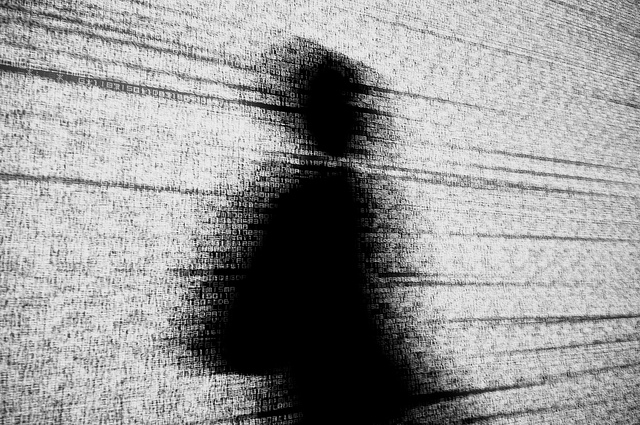Like this article? rabble is reader-supported journalism. Chip in to keep stories like these coming.
Last week, a Vice News investigation revealed that a terrorism blacklist database, known as World-Check and founded in 1999, contains 2.7 million entries, many of them Muslim individuals and organizations.
This list is not a scientific compilation of data; rather, it’s a controversial list that many victims suspect of ruining their lives. Indeed, some non-profit organizations based in the U.K. believe that this list is the sole reason behind the sudden decision of banks to freeze their accounts with no explanation.
World-Check claims that it uses reliable and reputable information about individuals and organizations but they were unable to explain the listing of Mohamed Iqbal Asaria, a British national who was a former World Bank and Bank of England adviser and who was given a Commander of the Order of the British Empire award in the 2005 Queen’s Honours List for services to international development.
Websites run by anti-Muslim proponents like Daniel Pipes and Steven Emerson are some of the sources used by Word-Check to support their allegations and include names on their list.
According to Vice News, the World-Check list is consulted by 300 government and intelligence agencies, 49 of the 50 biggest banks, pre-employment vetting agencies and nine of the top 10 global law firms.
The question is: how many Canadian individuals and organizations are on the list and is this list being used by our government or other Canadians agencies? If it turns out to be the case, how many individuals have been unduly affected by it?
In Canada, the Financial Transaction and Reports Analysis Centre (FINTRAC) came out of an act addressing money laundering. After 9/11, the legislation was amended to include terrorist financing activities. Thus, FINTRAC was born.
Its mandate is to “facilitate the detection, prevention and deterrence of money laundering and the financing of terrorist activities, while ensuring the protection of personal information under its control.” Even if it is explicitly stated that the personal information under the control of FINTRAC is protected, it remains unknown to the public whether FINTRAC has used the services of World-Check and whether it relied on this information in their internal investigations.
Two senior World-Check employees speaking under the condition of anonymity admitted that over an eight-year span, they had never seen a single case of “delisting.” So basically, once you are on the list, you will stay there forever.
What is worrisome is that World-Check isn’t even a government organization regulated by measures and overseen by an independent body; it is a private company that sells data to governments, banks and employment agencies and makes its profits from what is written on the Internet about people.
In a world more and more obsessed with security and where security has become a commodity valued, traded and sought after, companies are building, with zero accountability, a billion-dollar profit industry. Meanwhile, the livelihood and the reputation of innocent individuals and organizations don’t seem worth much, if anything at all.
Monia Mazigh was born and raised in Tunisia and immigrated to Canada in 1991. Mazigh was catapulted onto the public stage in 2002 when her husband, Maher Arar, was deported to Syria where he was tortured and held without charge for over a year. She campaigned tirelessly for his release. Mazigh holds a PhD in finance from McGill University. In 2008, she published a memoir, Hope and Despair, about her pursuit of justice, and recently, a novel about Muslim women, Mirrors and Mirages. You can follow her on Twitter @MoniaMazigh or on her blog www.moniamazigh.com
Photo: r2hox/flickr
Like this article? rabble is reader-supported journalism. Chip in to keep stories like these coming.



